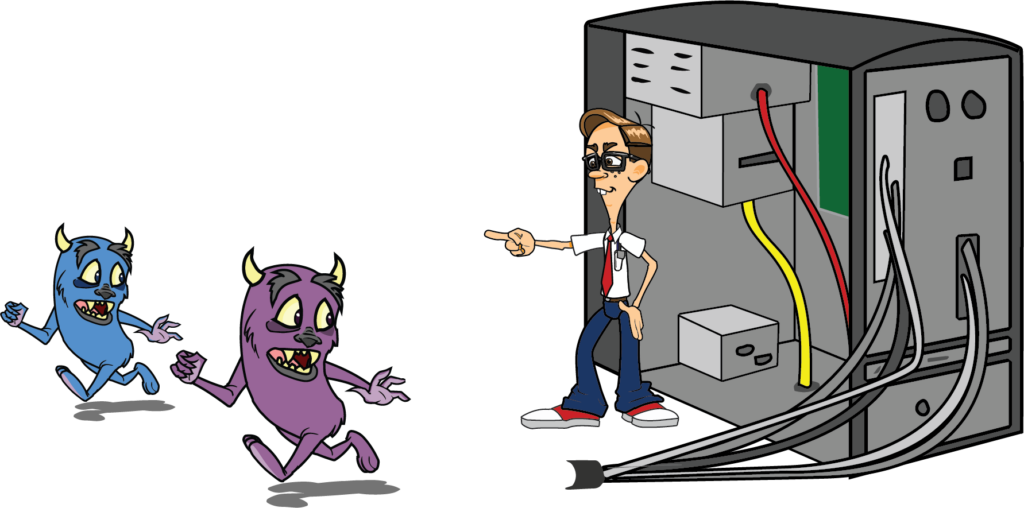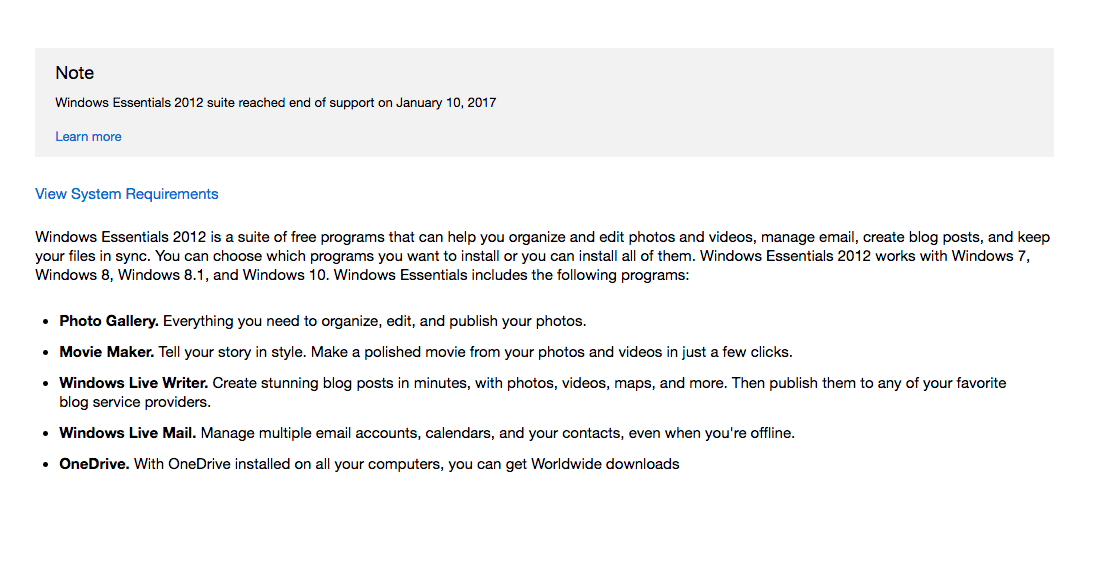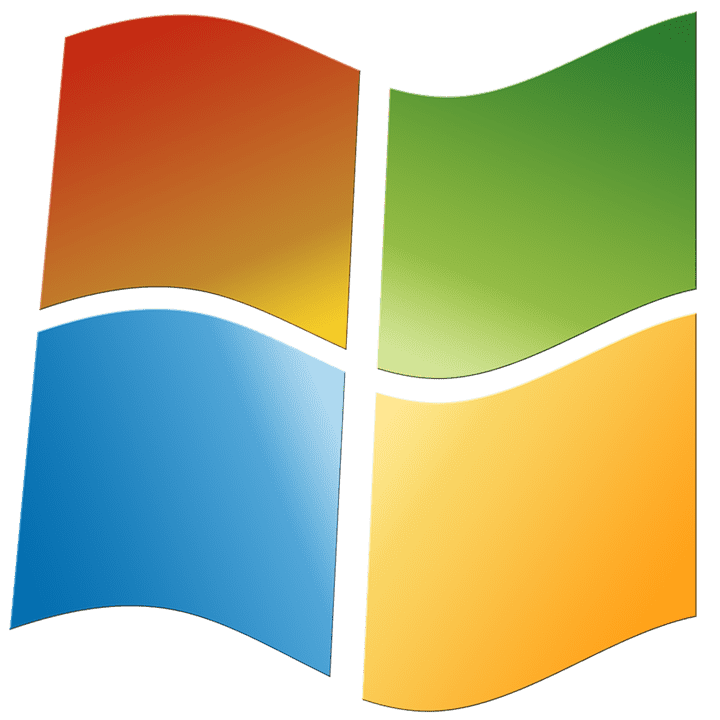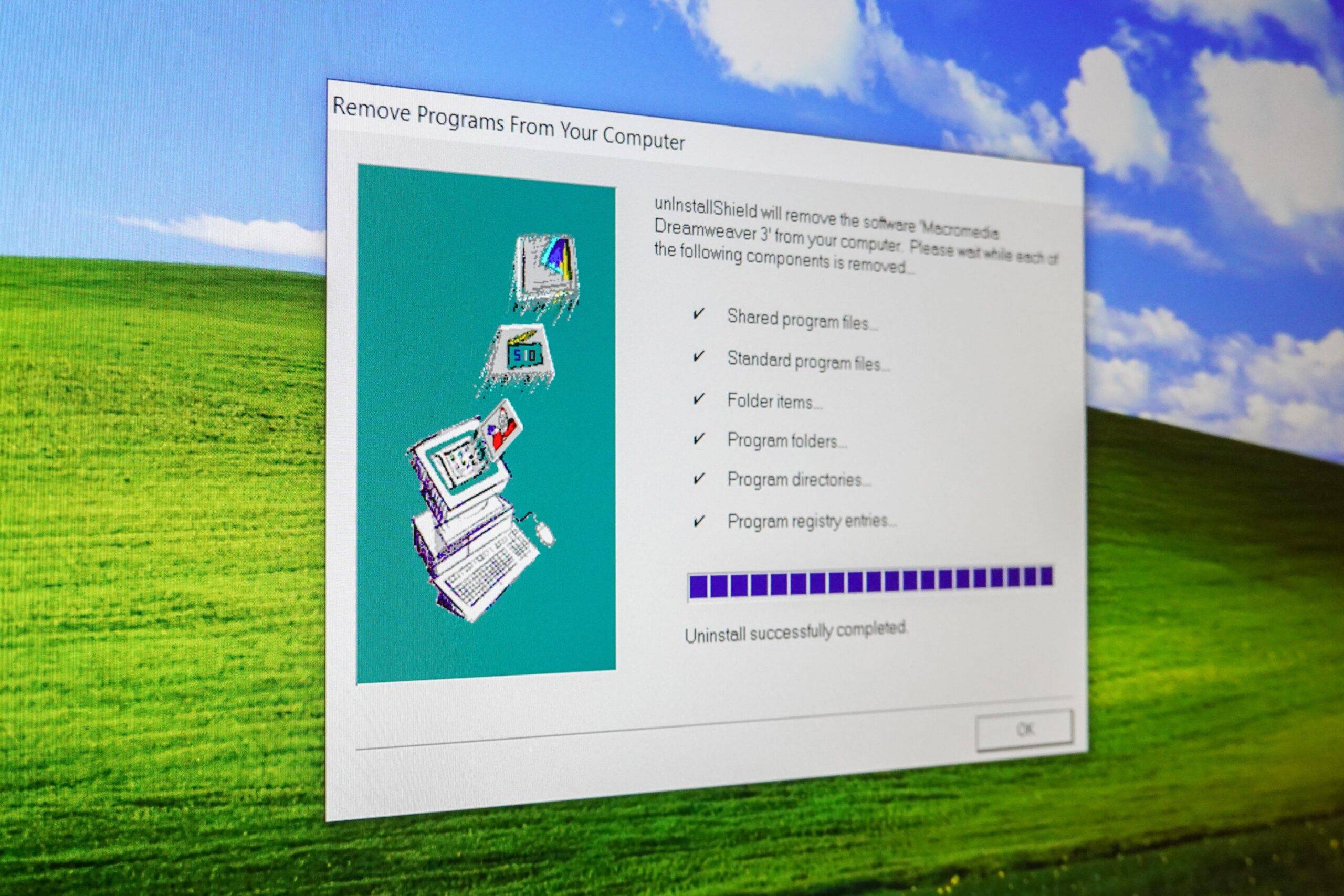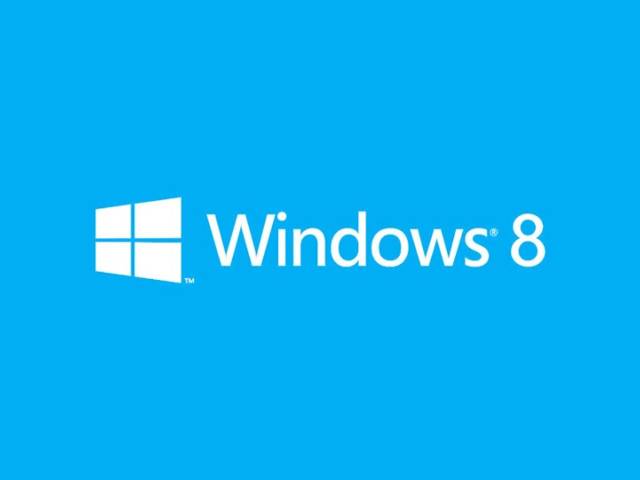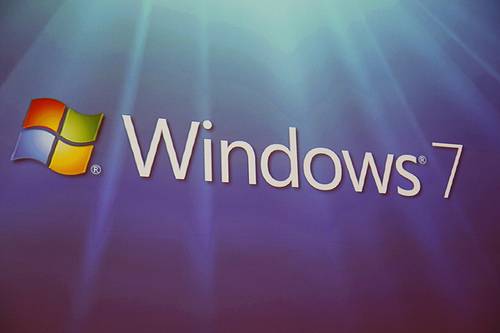This content has been archived. It may no longer be relevant
You probably already know how important it is to have virus and malware protection on any computer that gets on the Internet, but with so many options it can be difficult to know what you need, and it’s easy to overpay. Here are three free programs that every Windows PC should have installed to stay safe and run smoothly.
Microsoft Security Essentials is a free antivirus program that comes pre-installed on Windows 8 machines and is available for download here: http://windows.microsoft.com/en-us/windows/security-essentials-download. It’s compatible with older versions of Windows, including Windows XP, Vista and Windows 7. Once you install the program, cruise through the settings to insure that updates will download and install automatically, and scans will take place regularly and without your input.
If you’re concerned that allowing Security Essentials to run automatically will slow your system down, rest assured that it has very little impact on your computer’s resources. It’s also one of the most user-friendly security programs around, with a simple interface and easy to use features.
Recent antivirus tests have indicated that while Microsoft Security Essentials does a great job removing viruses, it is beginning to lag behind some of its competitors in quickly detecting new viruses and malware. This would indicate that Microsoft isn’t keeping the software as up to date as in the past. If you’re willing to take on a somewhat more complicated application in order to gain a bit in protection, consider checking out Avast Free Antivirus (free).
Why do I recommend Microsoft Security Essentials foremost if Avast is more effective? Because if a product isn’t simple and fully automated, you won’t be as likely to use it. The best antivirus is one that you install and never have to look at again, and Microsoft Security Essentials fits that bill. Also, because it’s created and updated by the same company that created your Windows Operating System, Security Essentials seamlessly integrates into Windows, making it one of the best virus removal tools for Windows PCs.
When a new virus or malware program hits the nets, it’s commonly referred to as “zero-day” or “zero-hour” malware. Our favorite software application to find and shield you from the newest bugs that traditional antivirus programs typically miss is Malwarebytes (free and premium versions available). Malware Industry Analyst Adam Kujawa explained how Malwarebytes works to Lifehacker contributor Alan Henry:
“Zero-hour malware can be any type of malware out there that traditional antivirus products have a hard time detecting, so it’s an additional security measure to protect the user from the kind of malware they are most likely to encounter while surfing the web…” Zero-day malware is often “distributed in drive-by exploits or even via hacked accounts such as Facebook, Twitter or Skype.”
Mr. Kujawa also explains that Malwarebytes has begun detecting what it refers to as “Potentially Unwanted Programs” (PUPs). These programs are typically adware that redirect users to sponsor sites, slow the browsing experience or generally convince the user that they serve a purpose while actually harming the system. Search toolbars are a common category of “PUP.” Malwarebytes will identify these programs and alert the user so that they can elect to uninstall the program and improve their system’s performance.
After you remove viruses, malware, adware and the like, you may notice that your system still isn’t running optimally. This is because these programs typically write themselves into your system’s registry – think of it like your computer’s internal directory. Once the program is gone, it leaves behinds fragments and holes in your system’s registry that can lead to errors, crashes or slow performance. Here’s where CCleaner (free) comes in handy.
First, remove any malware that’s managed to get past your protection software. Next, run CCleaner’s registry repair tool. It will go through and clean out the fragments that the malware left behind, patch holes in your system’s registry and generally make things run more smoothly.
One word of caution: CCleaner includes some advanced tools and options that aren’t for everyone. In order to (potentially) improve your surfing speed, CCleaner offers to remove temporary internet files and cookies. However, if you like your username and password to pre-fill at sites you frequent, you should refrain from deleting your cookies. Also, the Tools option includes the ability to disable things from starting up automatically and running in the background when you turn on your PC. While turning off things you don’t need can make a big difference to your computer’s start up time, it can also stop programs from working, even lead to system boot up problems. Proceed with caution if you elect to explore the more advanced features.
Nerd Chick Adventures is written by Andrea Eldridge and Heather Neal from Nerds on Call, an onsite computer and laptop repair company in Redding.

About The Author: Andrea Eldridge is CEO and co-founder of Nerds On Call, a computer repair company that specializes in on-site and online service for homes and businesses. Andrea is the writer of a weekly column, Nerd Chick Adventures in The Record Searchlight. She prepares TV segments for and appears regularly on CBS, CW and FOX on shows such as Good Day Sacramento, More Good Day Portland, and CBS 13 News, offering viewers technology and lifestyle tips. See Andrea in action at callnerds.com/andrea/.
